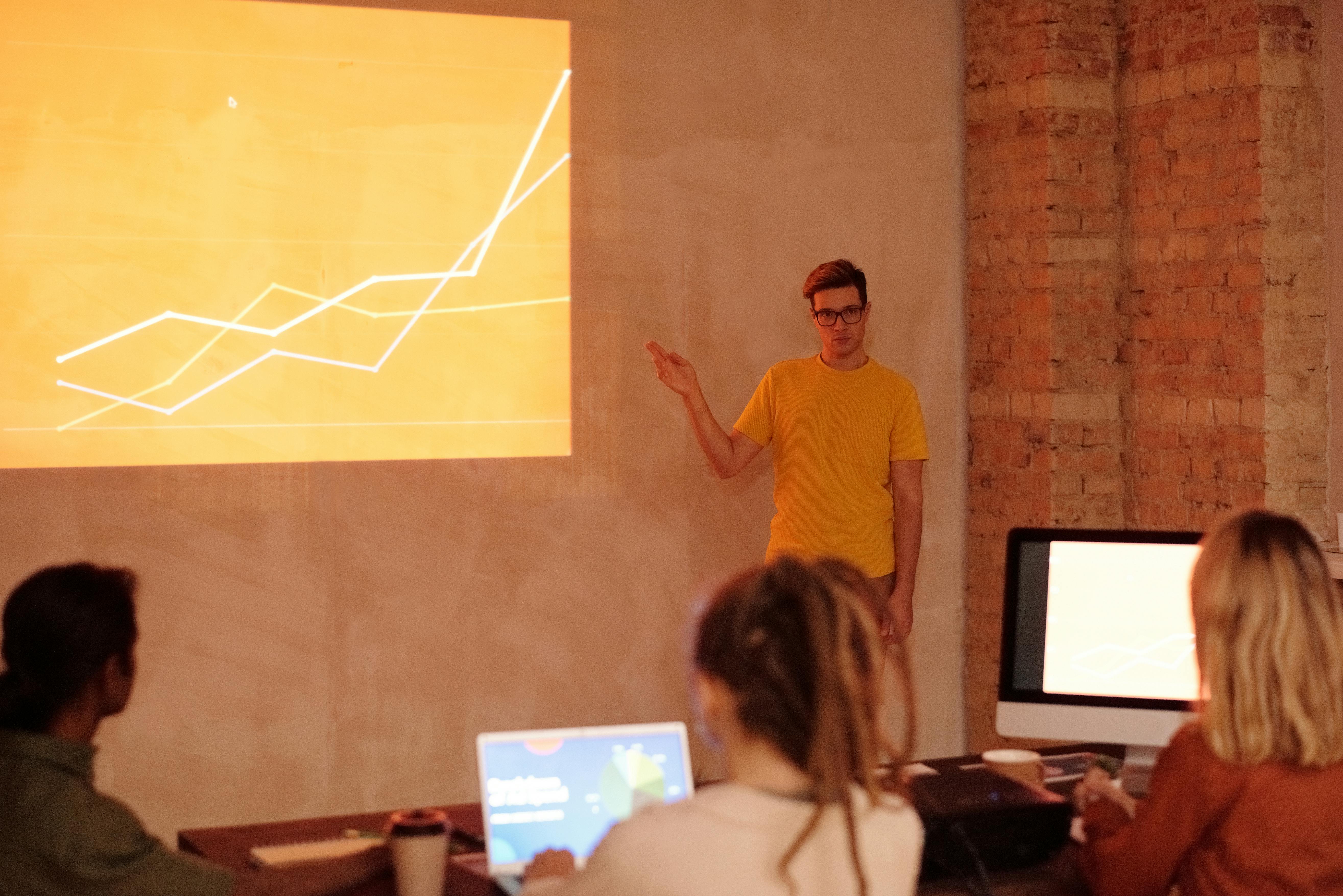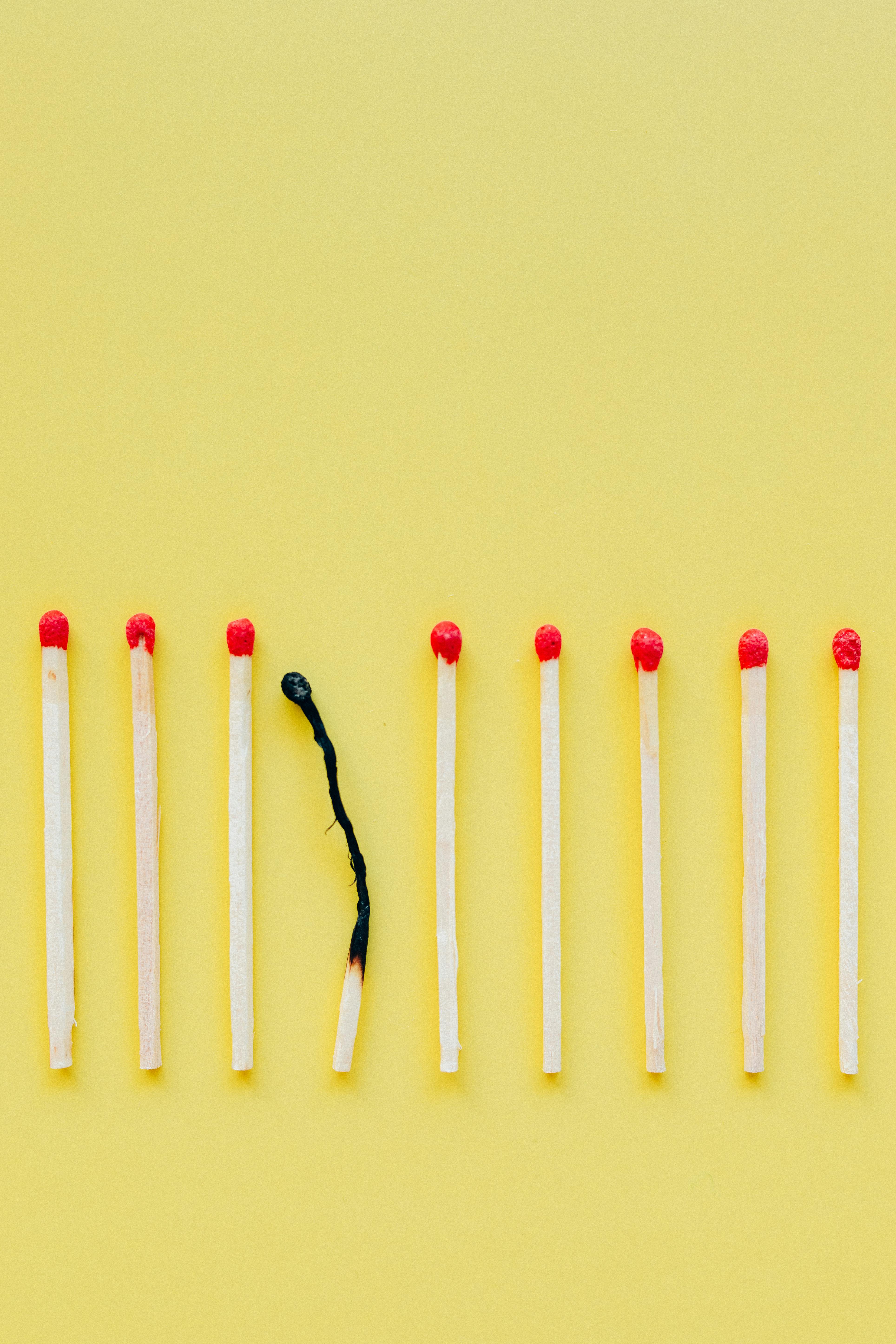
How Can I Make Studying Feel Less Hard to Start?
You’ve got a test coming up. Or a long reading list. Or just a pile of notes you’ve been ignoring for a week.
And yet… you still don’t start.
You tell yourself you’ll study after dinner. Then after one more scroll. Then after a nap. Before you know it, the day’s over and all you’ve done is stress about not doing the thing.
So why does starting feel so hard — even when you know what to do?
It’s not laziness. It’s friction.
Your brain doesn’t hate studying. It hates starting — because starting feels like effort, risk, and pressure all at once.
Here’s how to make studying feel easier to start, even when your motivation is at rock bottom.
Start Ugly. Start Small.
Perfectionism is the #1 killer of momentum. You think:
“I have to do it right.”
“I need to focus 100%.”
“If I can’t do the whole thing, what’s the point?”
All of that creates pressure — which turns into avoidance.
So the solution? Start ugly. Start small.
Tell yourself:
“I’ll just write the title.”
“I’ll review one slide.”
“I’ll open the doc and highlight one section.”
Lower the barrier to entry so much that it becomes laughably doable. Once you begin, your brain usually wants to keep going — because now the task isn’t scary anymore.
Use the “2-Minute Rule”
This rule is a lifesaver for those who struggle with procrastination. The idea is simple:
If a task takes less than 2 minutes, do it now.
If a big task feels overwhelming, break it down to a 2-minute version.
Want to study for your final?
Don’t commit to 3 hours.
Just start with 2 minutes reviewing flashcards.
Or write 2 key terms.
Or explain one concept out loud.
You’re not trying to win. You’re just trying to start. And that’s enough.
Make It a Time Thing, Not a Task Thing
The phrase “study biology” feels vague and heavy. So instead, give yourself a simple time container:
“I’m going to study for 10 minutes.”
Not “until I finish.” Not “until I understand everything.” Just 10 focused minutes. That’s it.
Once your timer starts, your brain shifts into flow faster than you think.
And if you’re still struggling, try Pomodoro mode:
25 mins study
5 mins break
Repeat
Your brain loves boundaries — and small bursts feel way less intimidating than one huge study grind.
Study Where You Don’t Usually Chill
Studying in bed? At the same desk where you game? It’s no wonder your brain isn’t taking the hint.
Change your physical context — it helps cue your brain into work mode.
Try:
Sitting at a different corner of your room
Going to the library or a quiet café
Putting your phone out of reach
Playing a specific “focus” playlist every time you study
You’re teaching your brain: “When I’m in this setup, I focus.” That way, you don’t have to rely on motivation — your environment does half the work.
Use Tools That Reduce the Mental Load
One reason starting feels hard is because organizing study material is exhausting.
You have to find the right lecture.
Dig through messy notes.
Figure out what to focus on.
Build your own flashcards.
All of that takes energy before you even start learning.
That’s where Duetoday AI helps.
It records your lectures, transcribes them into clean notes, and even builds flashcards and quizzes for you. You can also chat with your material — ask questions, get simplified explanations, or review the parts you missed.
It takes you from “where do I begin?” to “I’m already learning” — and that’s the difference between endless procrastination and real progress. Try it free if starting feels like the hardest part right now.
Build a “Study Startup Routine”
Just like athletes warm up, you need a mental cue that tells your brain: it’s time to work.
Create a quick, repeatable ritual:
Make a cup of tea
Put on your headphones
Open your planner or app
Set a 10-minute timer
The point isn’t perfection — it’s consistency. The more you repeat the same sequence before you study, the easier it becomes to slide into focus mode.
Final Thought: Starting Is the Only Hard Part
Once you’re in it, it usually gets easier.
It’s the starting that your brain resists — because of fear, pressure, or just decision fatigue.
So stop trying to be the perfect student who studies for hours. Be the one who:
Just opens the doc
Just reads one page
Just does 2 minutes
Because those tiny starts are how you build momentum — and momentum is what makes studying feel easy.
FAQ
Why does starting feel so hard even when I care about my grades?
Because caring doesn’t eliminate fear. Your brain resists effort when the task feels overwhelming or risky. Starting small removes that friction.
How do I stop procrastinating on studying?
Use tools like the 2-minute rule, Pomodoro sprints, and Duetoday AI to lower the effort it takes to begin. Action beats motivation.
Can Duetoday help make studying easier?
Yes. Duetoday turns your lectures into clean notes, quizzes, and flashcards — and lets you interact with your material via AI, so you don’t waste time getting organized.
What if I still don’t feel motivated after starting?
That’s okay. Your goal isn’t to feel motivated — it’s to stay in motion. Focus on short bursts and small wins. Motivation often shows up after you begin.













